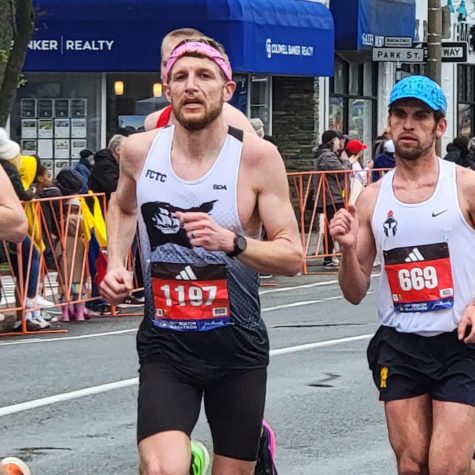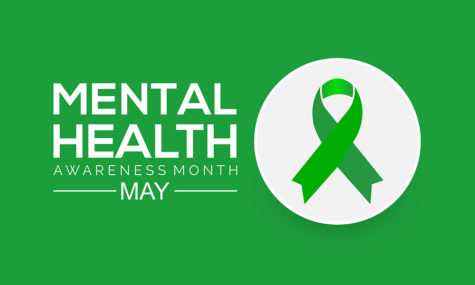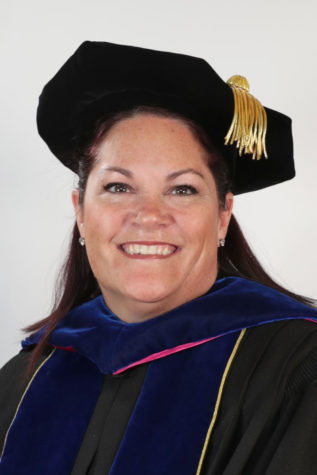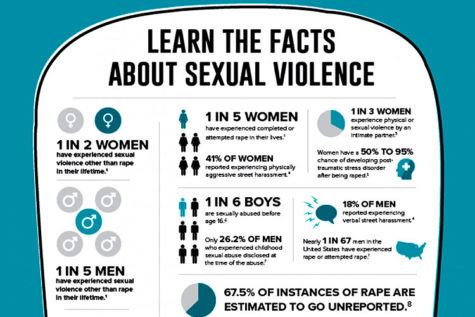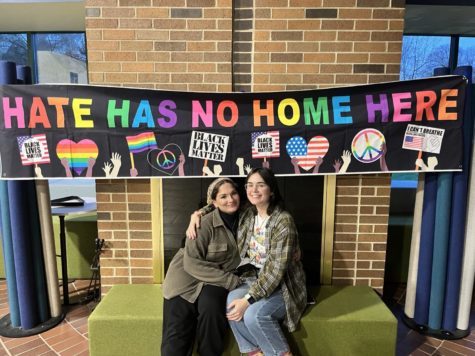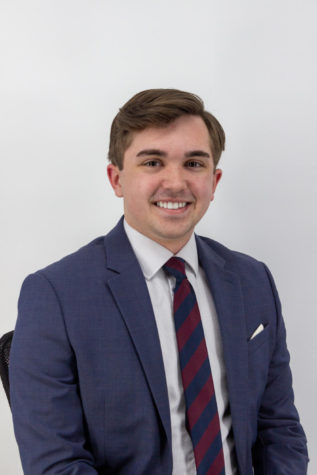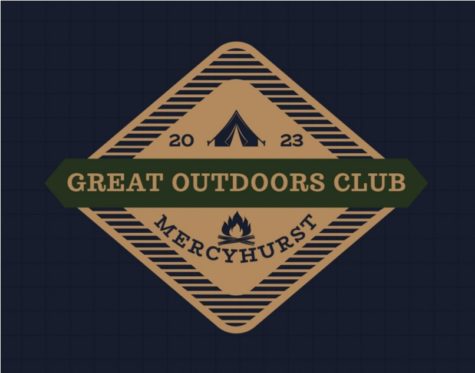Hurst Class Catalog: Funerary Anthropology
March 31, 2021
It is known without a doubt that Mercyhurst offers a variety of interesting and unique classes. These intriguing classes have included History of Europe Through Film and Apocalypse to Zombie. However, another unique class that has appeared on the radar is an Anthropology/Archaeology course, titled Funerary Archaeology. While funerals are known for being sad occasions, the science behind them, from preparing bodies for burial to cremation, can actually be quite fascinating.
Taught by Dr. Mary Ann Owoc, this course is open to all students who are interested and is generally offered every other spring. This course doesn’t just discuss funerals of the present, but their history in the past as well. Topics in the course include how societies view death, death as a rite of passage, symbolism related to death in past and present societies, the construction of funerary monuments, body and skeletal treatments, American cemeteries and grave markers, funerary practices in the past and present, and so much more. This is a class that Dr. Owoc looks forward to every time it is taught.
“The human response to death is so variable and so cool- it’s always exciting to impart some of that to students,” Owoc said. “Also, when we are not COVID restricted, we go to visit a funeral home or a gravestone manufacturer, and also do a field trip to a local cemetery to collect gravestone data for a little research project.” It is a class that is not only exciting for the professor, but for the students as well.
Jenna Brugger, a sophomore Archaeology and Public History double major, has family connections in the funerary industry. “In high school, I had the opportunity to study diverse funerary processes cross-culturally as part of a few of the courses there and, well, I come from a family of funeral directors, so I have a pretty solid perspective on a wide range of funerary rituals and practices if we’re talking about the twenty-first century,” said Brugger. “Now, I’m taking this class because I wanted to learn the details of the study of funerary practices from an archaeological perspective, as I know that it has been a long-standing and developing practice—and knowing how to approach these particular contexts will be crucial to my future in archaeology.”
Morgan Morrow, a junior Bioarchaeology major, finds the class both interesting and crucial. “In the course, I have been particularly intrigued by the potential use of tombs as points of demarcation in territories as well as redefining what the notion of ‘territory’ means,” said Morrow. “I have also enjoyed learning about the Princess of Vix who was erroneously touted as being a man despite strong evidence to the contrary due to inbuilt prejudices in contemporary archaeology.” This is a class that a variety of students, majors or not, look forward to.
“In every class, I participate in, I look forward to adding to my knowledge,” said Brugger. “With this one in particular, I find myself fascinated by each new case study—and I particularly enjoy discussions surrounding the social and ideological bases for funerary practices. Learning about the perspectives of different cultures around a particular topic has always been something I’ve been excited by, regardless of the subject matter.”
If you are interested in learning the science behind funerals, be sure to keep this class on your radar next time it becomes available!

